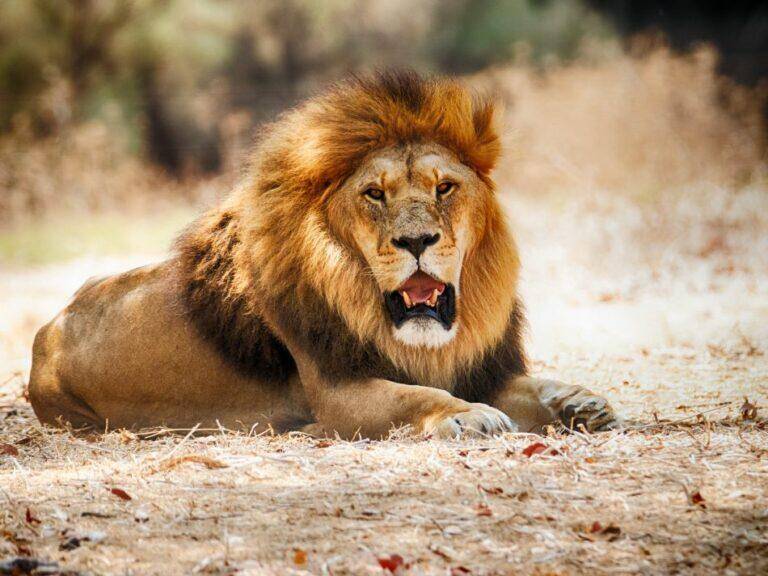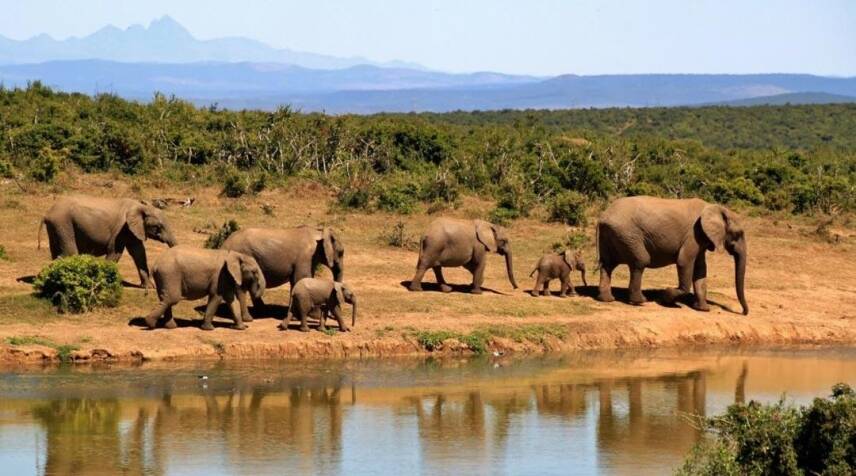Big game shooting in Africa is a topic that sparks debate. While it has deep cultural and historical roots, modern ethical concerns require careful reflection. For hunters, conservationists, and enthusiasts alike, understanding the ethical dimensions of African big game hunting is essential. This guide explores the principles, challenges, and considerations behind ethical hunting practices.
[DYNAMIC-BLOGTABLEOFCONTENT]
What Is Ethical Hunting?
Ethical hunting goes beyond following the law. It involves principles of respect for wildlife, conservation, and the environment. For big game shooting in Africa, ethical hunting ensures the practice supports conservation efforts and benefits local communities.
Key Principles of Ethical Hunting
- Sustainability: Hunting practices should ensure the survival of species and ecosystems.
- Respect for Wildlife: This includes fair-chase hunting, avoiding unnecessary suffering, and targeting non-breeding animals.
- Community Involvement: Local communities should benefit economically and socially from hunting activities.
- Transparency: Hunters and organisations must operate with clear communication about goals and practices.

The Role of Big Game Shooting in Africa’s Conservation Efforts
Regulated big game shooting has a direct impact on conservation. When properly managed, it contributes to preserving ecosystems, funding anti-poaching initiatives, and supporting habitat restoration.
Conservation Success Stories
- Namibia’s Community Conservancies: These programmes allow local communities to manage wildlife and earn income from hunting fees.
- South Africa’s Private Reserves: Sustainable hunting operations on private lands have increased populations of species like rhinos and antelopes.
By generating revenue, big game hunting supports protected areas that might otherwise face financial challenges. However, it requires strict enforcement of regulations to ensure long-term success.
Ethical Challenges in Big Game Hunting
While there are clear benefits, challenges remain. Addressing these issues is crucial for upholding the integrity of big game shooting in Africa.
1. Poaching and Illegal Trade
Ethical hunting often faces scrutiny because of its association with illegal poaching. Poachers target high-value species for ivory, horns, or skins, undermining conservation efforts. Regulated hunting differs significantly from poaching but is often misunderstood.
2. Overhunting
Without proper regulation, hunting quotas can lead to overharvesting. It is essential to ensure that hunting permits are based on scientific data about species populations.
3. Mismanagement of Funds
In some cases, revenue from hunting fails to reach conservation projects or local communities. Ensuring transparency and accountability is critical.
4. Public Perception
Many people view hunting as inherently unethical, even when it supports conservation. Educating the public about the distinctions between regulated hunting and illegal activities is vital.

How to Ensure Ethical Hunting Practices
Hunters and organisers can take several steps to promote ethical big game shooting in Africa. These practices help balance conservation goals with the needs of wildlife and local communities.
1. Work with Reputable Outfitters
Choose licensed hunting outfitters with a proven track record of ethical practices. They should operate within legal frameworks and prioritise conservation.
2. Adhere to Quotas
Respect hunting quotas and target animals that are no longer vital to breeding populations. This ensures sustainability and reduces the impact on ecosystems.
3. Support Local Communities
Ensure your hunting activities directly benefit local communities. This might include contributing to schools, healthcare, or employment programmes.
4. Promote Conservation Education
Educate others about the role of ethical hunting in wildlife preservation. Transparency builds trust and dispels misconceptions.
5. Avoid Trophy Hunting for Vanity
Focus on hunting that serves a broader purpose, such as conservation or providing meat to local communities, rather than purely for display.
Benefits of Ethical Big Game Shooting
When conducted responsibly, ethical hunting offers numerous advantages:
- Financial Support for Conservation: Hunting fees fund anti-poaching efforts, wildlife reserves, and habitat restoration.
- Protection of Species: Proper management ensures that vulnerable populations are protected.
- Community Development: Revenue from hunting supports local economies and infrastructure.
- Ecosystem Balance: Targeting specific animals can help maintain population balance and prevent overgrazing.
Balancing Conservation and Hunting
Ethical big game shooting in Africa requires a delicate balance. While it can be an effective tool for conservation, mismanagement or unethical practices can have severe consequences. Collaboration between governments, conservationists, and hunters is essential to maintain this balance.
Governments’ Role
Governments must establish and enforce clear regulations. These should include:
- Issuing scientifically-based hunting quotas
- Monitoring hunting operations for compliance
- Redirecting funds to conservation projects
Hunters’ Responsibility
Hunters must act responsibly by following regulations, respecting local cultures, and prioritising the welfare of wildlife.
Conservationists’ Involvement
Conservation organisations play a vital role in advocating for sustainable hunting practices and holding stakeholders accountable.
Addressing Public Concerns
Public education is key to addressing the ethical concerns surrounding big game shooting in Africa. Misconceptions about the practice often stem from a lack of understanding. Sharing accurate information about its benefits and challenges helps build support for ethical hunting.
Ways to Raise Awareness
- Publish detailed reports on how hunting funds conservation
- Highlight success stories from community-led initiatives
- Encourage open discussions about ethical hunting practices
Conclusion
Big game shooting in Africa remains a complex and often misunderstood practice. However, when approached with ethics, transparency, and a focus on conservation, it can play a vital role in protecting wildlife and supporting local communities. By adhering to these principles, hunters and organisations can ensure that big game hunting continues to benefit both people and nature for years to come.
